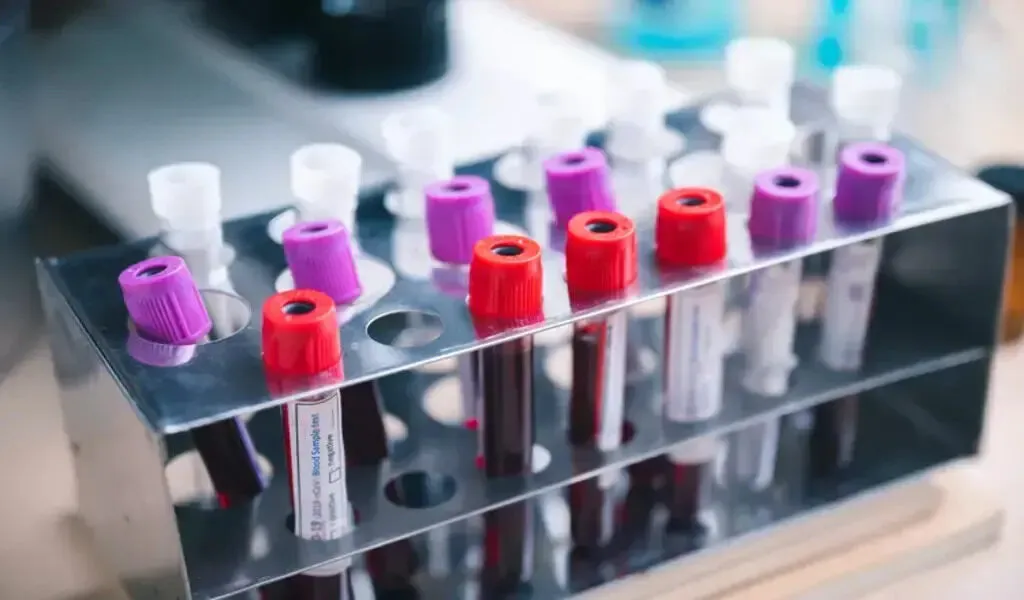(CTN News) – Colorectal cancer (CRC) can be accurately detected with a blood test, according to a new study.
According to the study, 83% of those who were confirmed to have CRC had their blood tested to detect the disease.
Moreover, blood tests detected cancer at a similar rate to at-home stool tests, although not as high as gold-standard colonoscopies. A false positive result was reported by 10% of participants despite no colonoscopy finding.1
Health reported William Grady, MD, study author and gastroenterologist at Fred Hutchinson Cancer Center, said the study aimed to prevent colorectal cancer-related deaths by improving CRC screening compliance. Blood-based screening tests are more popular than others, such as colonoscopies and stool tests, so we developed one for CRC.
The third most common cancer diagnosed in adults in the United States is colorectal cancer, which originates in the colon or rectum. The researchers wrote that early detection could prevent more than 90% of colorectal cancer-related deaths. A third of the screening-eligible population-those between 45 and 75-is still not screened.
Screening options currently include colonoscopies and stool tests. People are more likely to participate in cancer screening if they have more screening options, Grady says.
A blood test for colorectal cancer
Scientists tested the blood of approximately 7,800 people at average risk of CRC, meaning they did not have inflammatory bowel disease (IBD) or any genetic syndromes that increase their vulnerability to the disease.
It detects cancer signals in the bloodstream by identifying circulating tumor DNA (ctDNA) — fragments of DNA released by cancer cells.
In spite of the unique mutations present only in cancer cells and not in healthy tissues, we can confirm that these DNA fragments belong to cancer cells,” Alisha Bent, MD, an assistant professor of gastrointestinal medical oncology at the MD Anderson Cancer Center and not affiliated with the study, explained Health. Colorectal cancer patients will not be detected by this test if they have colorectal cancer.
Grady found that the blood test’s sensitivity was 83%, and its specificity was 90%, which means it can reliably detect a negative result in healthy people.
Two types of stool tests produced similar results, he said. FIT stool tests, for instance, have a 76% sensitivity rate and an 85% specificity rate. For Cologuard, another type, the rates are higher at 92% sensitivity and 90% specificity.
In addition to the blood test, Grady said colonoscopies are still the best way to detect and prevent colorectal cancer.
Moreover, even if a blood test proves positive, a colonoscopy is still necessary to find precancerous lesions, which a blood test usually cannot detect.
Colorectal cancer screenings with colonoscopy provide physicians with a direct view of the entire colon and rectum and allows them to remove any tumours or polyps that may turn into cancer in the future,” Bent added.
SEE ALSO:
Detecting Breast Cancer Earlier May Be Possible With Proteins In Milk And Blood






